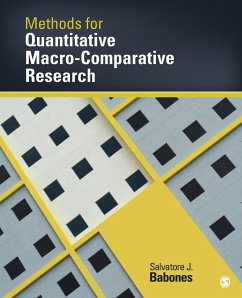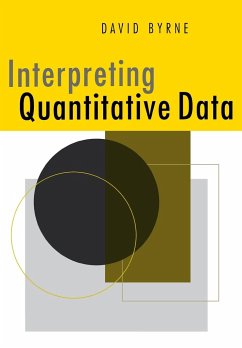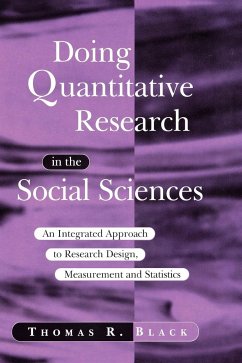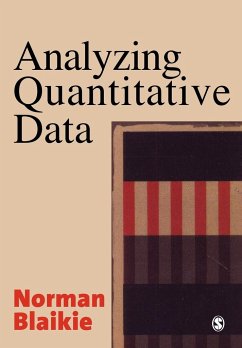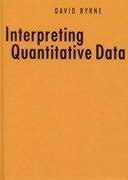
Versandkostenfrei!
Versandfertig in 1-2 Wochen

PAYBACK Punkte
47 °P sammeln!




"The book provides a reference point for beginning educational researchers to grasp the most pertinent elements of designing and conducting research…<
Wayne K. Hoy received his B. S. from Lock Haven State College in 1959 and then taught mathematics at Cheltenham High School in Pennsylvania. He received his D. Ed. from The Pennsylvania State University in 1965 and began his professorial career at Oklahoma State University. He moved to Rutgers University in 1968, where he was a distinguished professor, department chair, and Associate Dean for Academic Affairs. In 1994, he joined the faculty at The Ohio State University as an endowed professor, The Novice G. Fawcett Chair in Educational Administration. In January of 2013, he retired and is now a professor emeritus at The Ohio State University. In 1973, he received the Lindback Foundation Award for Distinguished Teaching from Rutgers University; in 1987, he received the Alumni Award for Professional Research from the Rutgers University Graduate School of Education; in 1991, he received the Excellence in Education Award from The Pennsylvania State University; in 1992, he received the Meritorious Research Award from the Eastern Educational Research Association; in 1996, he became an alumni fellow of The Pennsylvania State University; in 2001 he received the Research Award from the Ohio State College of Education. He is past secretary-treasurer of the National Conference of Professors of Educational Administration (NCPEA) and past president of the University Council for Educational Administration (UCEA). In November 2003, he received the Roald Campbell Lifetime Achievement Award in Educational Administration and in 2009 he was elected a Fellow of the American Educational Research Association. He is the author, coauthor, or coeditor of 24 books in the fields of research and theory, educational administration, decision making, leadership, and instructional supervision. Three of his recent books are Instructional Leadership: A Research-based Guide to Learning in Schools (2013), with his wife Anita Woolfolk Hoy; Educational Administration: Theory, Research and Practice (2013), with Cecil Miskel; and Improving Instruction Through Supervision, Evaluation, and Professional Development (2014), with Michael DiPaola.
Produktdetails
- Verlag: Sage Publications, Inc
- 2. Auflage
- Seitenzahl: 176
- Erscheinungstermin: 5. August 2015
- Englisch
- Abmessung: 235mm x 191mm x 10mm
- Gewicht: 341g
- ISBN-13: 9781483376417
- ISBN-10: 1483376419
- Artikelnr.: 42316712
Herstellerkennzeichnung
Libri GmbH
Europaallee 1
36244 Bad Hersfeld
gpsr@libri.de
Für dieses Produkt wurde noch keine Bewertung abgegeben. Wir würden uns sehr freuen, wenn du die erste Bewertung schreibst!
Eine Bewertung schreiben
Eine Bewertung schreiben
Andere Kunden interessierten sich für






